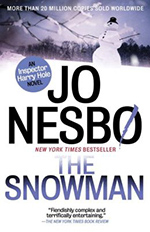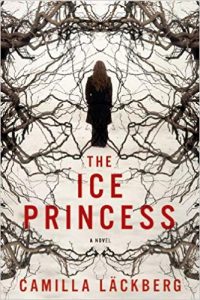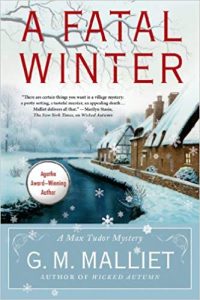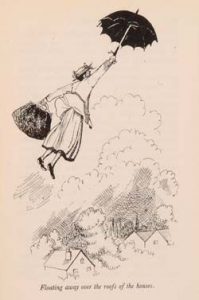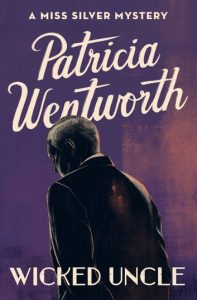Love Stories in Crime Fiction
Ever since Nancy Drew met Ned Nickerson, love stories have been a part of crime fiction. Maybe not the main player, but some books have relationships that help define them. Here are some of my favorites.
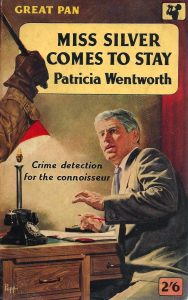 In the golden age, Patricia Wentworth stands out, as she always foregrounded romance as part of her stories. Unlike some of the other authors I’ll mention, she wrote a series, but the romantic characters didn’t recur or involve the main characters, with one exception: Miss Silver Comes to Stay (1948), where Rietta Cray and Randal March, a former pupil of Miss Silver’s and now a Chief Constable, find slightly late in life love. March is a re-occurring character, and he and Rietta appear in other books, complete with a family to Miss Silver’s doting delight. Love in a Wentworth novel is quiet, intense and somehow dignified.
In the golden age, Patricia Wentworth stands out, as she always foregrounded romance as part of her stories. Unlike some of the other authors I’ll mention, she wrote a series, but the romantic characters didn’t recur or involve the main characters, with one exception: Miss Silver Comes to Stay (1948), where Rietta Cray and Randal March, a former pupil of Miss Silver’s and now a Chief Constable, find slightly late in life love. March is a re-occurring character, and he and Rietta appear in other books, complete with a family to Miss Silver’s doting delight. Love in a Wentworth novel is quiet, intense and somehow dignified.
